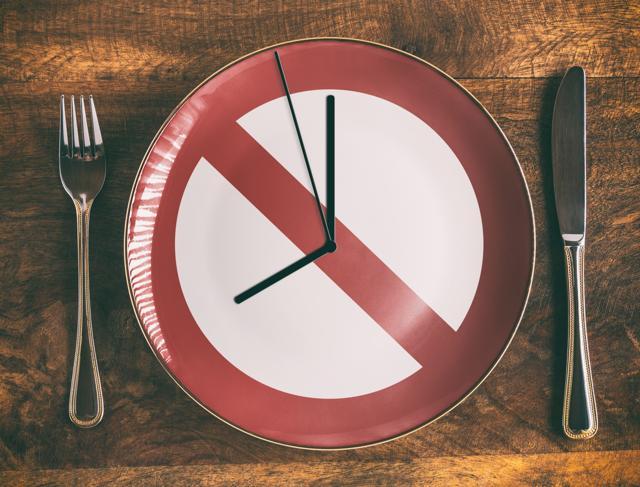Weight loss food: Why the 5:2 diet, or intermittent fasting, is effective
The 5:2 diet, one of the most popular forms of Intermittent Fasting (IF), has helped millions lose weight and stay fit. Conceptualised by Dr Michael Mosley, this diet recently got a new version called the 5:2 Mediterranean diet.
If you’ve been trying to lose weigh, or simply stay fit, you’d have come across a diet plan many swear by: The 5:2 diet. It is based on the simple technique of fasting to help improve your health. In this diet, you eat a regular meal for 5 days and on 2 days, you fast, which means you keep your calorie count below 500. It is one of the most popular forms of intermittent fasting (IF).

Conceptualised by Dr Michael Mosley, this diet recently got a new version called the 5:2 Mediterranean diet. A lot of people were finding it difficult to consume just 500 calories on fast days, so Mosley modified it to make it 800 calories. “There is overwhelming scientific evidence that a low carb Mediterranean-style diet — one rich in vegetables, olive oil, nuts and the occasional glass of wine or bite of dark chocolate — is better for weight loss, blood sugar control and improving cholesterol than going on a low fat diet,” writes Dr Mosley on his website.
Here’s why it works
The diet works on the principal that a rapid drop in calories will help drain the fat from vital organs. This will help improve your blood sugar levels and reduce the fat that is clogging up your liver and pancreas. The easiest way to do is by restricting your calorie intake to 800 a day for two days in a week. Let us further break it down.
“By restricting your diet over the two day period, your body goes into calorie deficit. Also, since your body is used to getting a regular dose of food over a five day period, you are shocking your body over the balance two days. This confusion is what allows your body to let go of excess weight. Those who have tried it agree that if you follow the diet, it will help you achieve your weight loss goals,” says nutritionist Ritesh Bawri.
For centuries, the Indian way of living has talked about the benefits of fasting in Ayurveda. “Fasting is a well-accepted tool to help you improve your health. The benefits range from fighting free radicals (what becomes cancerous cells) to losing weight. If you have developed Insulin resistance, it is also an excellent way to lower your insulin levels,” adds Bawri.

Things to keep in mind
Consuming only 500 or 800 calories in a day is easier said than done. A single, balanced meal can sometimes add up to over 400 calories. So does that mean you starve yourself for the rest of the day? Definitely not.
Wondering what’s the best way to divide your share of calories? It is best to eat all your meals within an 8-hour window, which might mean either skipping breakfast or having an early dinner. But there are no hard and fast rules, as long as you’re restricting calories during the 24-hour period.
1) Plan for your fast day well in advance. You shouldn’t go looking for food on that day as you may end up making some bad choices.
2) Keep yourself busy. It is natural that when you’re fasting you will think about food more often. Keep yourself occupied.
3) Keep yourself hydrated. Water is your best friend on fast days as it helps stay away from temptations. You can even opt for green tea and some no-calorie drinks.
4) Be sensible, check if it works for you and then proceed. “People react differently to fasting or alternating their meal plans. Don’t be surprised if you don’t see instant results; weight loss is always a slow and steady process,” says Bawri.
Follow @htlifeandstyle for more
Catch your daily dose of Fashion, Taylor Swift, Health, Festivals, Travel, Relationship, Recipe and all the other Latest Lifestyle News on Hindustan Times Website and APPs.
Catch your daily dose of Fashion, Taylor Swift, Health, Festivals, Travel, Relationship, Recipe and all the other Latest Lifestyle News on Hindustan Times Website and APPs.






